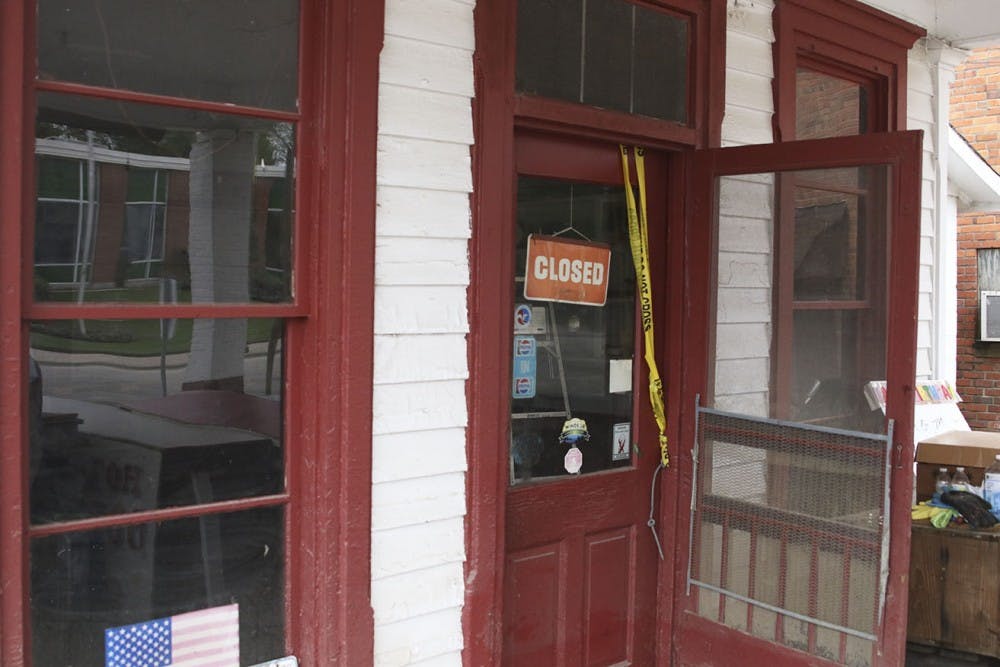Declining taxable wages not only means that ruralites are losing jobs, but also that governments have less funding for social services and incentives for job creators.
“(Local governments) are having trouble paying their bills,” Gray said.
Penn State professor Brian Thiede, an expert on rural demography and poverty, said rural areas nationwide have seen a shift toward joblessness.
Since 1980, the number of rural poor who are working has declined by 21 percentage points across the U.S., Thiede said.
And with rising costs of living, low wages are also an issue, said N.C. Rep. Garland Pierce, D-Robeson. In Robeson County, more than 30 percent lived in poverty on average between 2011 and 2015.
“There’s no room to save, there’s no room to invest ...” he said. “You have to go to work sick.”
Heating bills and health care
Rural North Carolina sees higher rates of disability and opioid addiction, as well as underresourced health care infrastructures.
Pierce said there are residents using emergency rooms as primary health care providers.
“They’re in treatment mode rather than prevention mode,” he said.
To get the day's news and headlines in your inbox each morning, sign up for our email newsletters.
Allison Owen, acting director for the N.C. Office of Rural Health, said there are great opportunities to partner with social services.
“One of the things that we hear more and more is that maybe what the patient really needs is help paying their heating bill and their water bill so they can keep their insulin refrigerated,” she said. “Can a doctor write a prescription for a utility bill? Can we help with access to fresh food or housing that’s safe?”
Thiede said spacial isolation also contributes to rural poverty.
“It’s a real struggle for poor households to go into town and to pay those transportation costs to access social services,” Thiede said.
No single solution
Because rural poverty stems from a multitude of issues, experts say there is no magic bullet solution. Gray said the issues rural areas face are varied.
“If you’ve seen one rural county, you’ve only seen one rural county,” Gray said.
In addition to joblessness and inadequate health care, many rural counties struggle with lack of public transportation, lack of internet connectivity and a “brain drain” of young and educated people heading to urban areas.
The Rural Center is currently working on a project to bring broadband to counties lacking internet connectivity, in hopes of attracting more employers and entrepreneurs.
Darlene Jacobs, executive director of the Robeson County Church and Community Center, which operates a food pantry, said that Hurricane Matthew has caused terrible situations for people who were already below the poverty line.
“It’s even more dire at this point,” Jacobs said. “We’ve got people and families walking 10 miles to get a box of food ... We’ve got people coming in who haven’t eaten in three, four, five days.”
@laurennlai
state@dailytarheel.com



